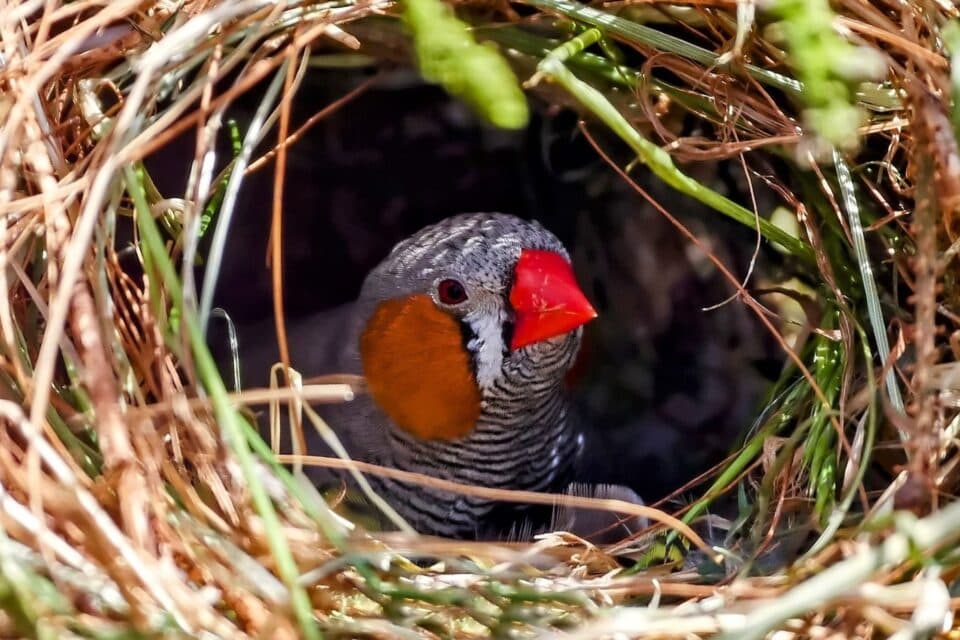The cacophony of modern life, characterized by incessant traffic noise and urban clamor, poses a significant threat to wildlife. Beyond disrupting natural habitats and ecosystems, new research reveals that animals may suffer profound consequences from noise pollution even before they are capable of hearing it. A recent study, published in the prestigious journal Science on April 26, sheds light on the detrimental effects of traffic noise on the health and reproduction of zebra finches, underscoring the far-reaching impacts of human-induced noise pollution on wildlife populations.
Researchers from Deakin University in Geelong, Australia, led by Mylene Mariette, a behavioral ecologist, conducted extensive experiments to investigate the effects of traffic noise exposure on zebra finches (Taeniopygia guttata castanotis) at various stages of development. The study revealed that zebra finch eggs and nestlings subjected to everyday traffic noise exhibited significant and enduring reductions in health and reproductive success.
The findings, detailed in the study, indicated that exposure to traffic noise during the prenatal and postnatal stages led to lifelong impairments in the affected birds. Notably, zebra finch eggs exposed to traffic noise experienced reduced hatching rates compared to those exposed to natural birdsong. Furthermore, hatchlings subjected to traffic noise were found to be significantly lighter, on average, and exhibited shorter telomeres, indicative of heightened physiological stress.
The detrimental effects of traffic noise extended into adulthood, with noise-exposed birds displaying a stark decline in reproductive success. In controlled breeding environments, zebra finches exposed to traffic noise produced substantially fewer offspring compared to those raised in natural soundscapes. The study attributed a significant portion of this reproductive decline to prenatal exposure to traffic noise, highlighting the enduring impact of early noise pollution on reproductive health.
The study’s findings underscore the profound and long-lasting consequences of noise pollution on wildlife populations. By elucidating the detrimental effects of traffic noise on zebra finches, the research provides valuable insights into the broader impacts of anthropogenic noise pollution on biodiversity and ecosystem health.
Mylene Mariette emphasizes that the observed response to noisy stimuli likely extends across species, indicating a widespread sensitivity to environmental noise among wildlife. While the precise mechanisms underlying this response remain elusive, the study emphasizes the urgent need for comprehensive strategies to mitigate the adverse effects of noise pollution on vulnerable animal populations.
The study represents a significant contribution to our understanding of the far-reaching impacts of noise pollution on wildlife. By demonstrating the detrimental effects of traffic noise on zebra finches, the research highlights the urgency of addressing noise pollution as a critical environmental concern. As human activities continue to encroach upon natural habitats, efforts to minimize noise pollution are essential to safeguarding biodiversity and preserving the delicate balance of ecosystems worldwide.


